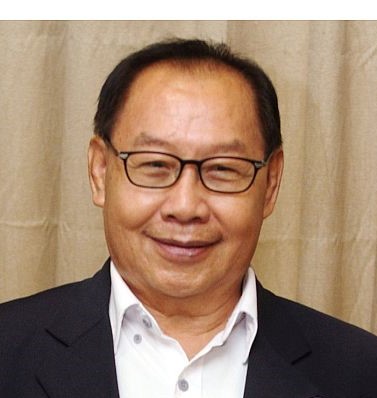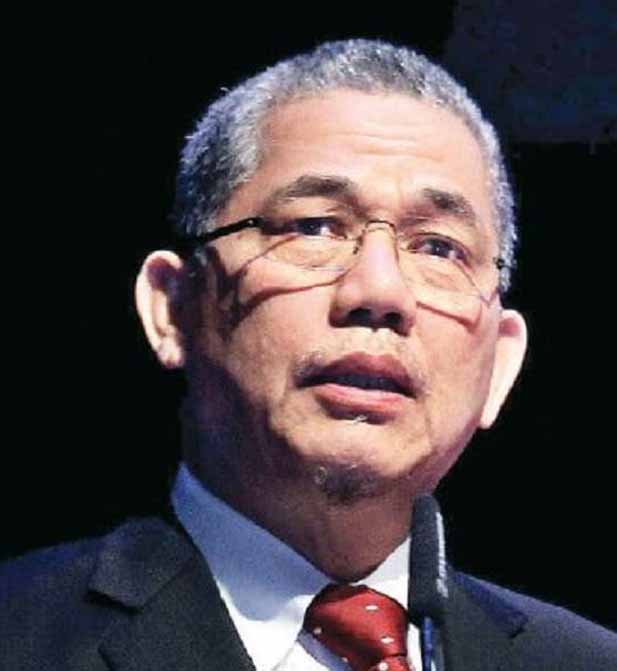
Fadillah (seated fourth right) in a commemorative photo with members of the Sabah media fraternity.-Bernama photo
KOTA KINABALU (July 14): The Federal Government, through the Ministry of Energy Transition and Water Transformation (PETRA), has allocated RM8.799 billion to implement 86 energy and water-related projects across Sabah.
Energy Transition and Water Transformation Minister Dato’ Sri Fadillah Yusof said the allocation, recorded up to June this year, falls under the development expenditure of the Fifth Rolling Plan (RP5) of the Twelfth Malaysia Plan (RMKe-12).
“This substantial allocation for Sabah reflects PETRA’s strong commitment to addressing critical infrastructure issues and improving the well-being of the people in this state,” said Fadillah, who is also Deputy Prime Minister II.
He added that the Federal and Sabah state governments continue to collaborate closely to enhance the state’s water and electricity supply systems.
Fadillah made the remarks during an engagement session with local media representatives held at a hotel here today.
He also pledged to continue visiting ongoing projects across Sabah to monitor progress and find solutions to pressing concerns, such as the water supply issue at Universiti Malaysia Sabah (UMS).
He urged the Sabah state government to urgently address its water and electricity issues.
“Even though water and energy are state matters, we at the federal level will find ways to assist,” he said.
In the same event, Fadillah lauded the media for their vital role in delivering accurate information, saying that responsible reporting has positively influenced Malaysia’s investment climate and tourism industry by boosting investor and tourist confidence in the country’s safety and stability.
The Petra Jaya member of parliament said Sabah holds immense potential, particularly in transforming its natural beauty into tourism attractions.
In 2023, Sabah recorded 2.613 million tourist arrivals, with the figure projected to rise to 3.147 million in 2024.
“With more strategic planning and through the media’s role in promoting Sabah, we are confident the state can attract even more tourists.
“This isn’t just about tourism. Tourists bring economic benefits — they spend, stay in hotels, and eat — generating employment and boosting the local economy.
“If marketed properly, Sabah can become a world-class destination. Tourism is central to this.”
He also highlighted Malaysia’s progress in global press freedom, citing Reporters Without Borders (RSF)’s recent update, which showed Malaysia had improved its standing to 88th place in the 2025 World Press Freedom Index, up from 107th in 2024.
“The government has opened up broad avenues for media freedom. This recognition is a testament to our ongoing commitment to cultivating a free, responsible and progressive media ecosystem,” he said.
Fadillah also reminded media practitioners to uphold professionalism and adhere to journalistic ethics at all times.












